Looking through the August and October 1983 issues of RE/P today.
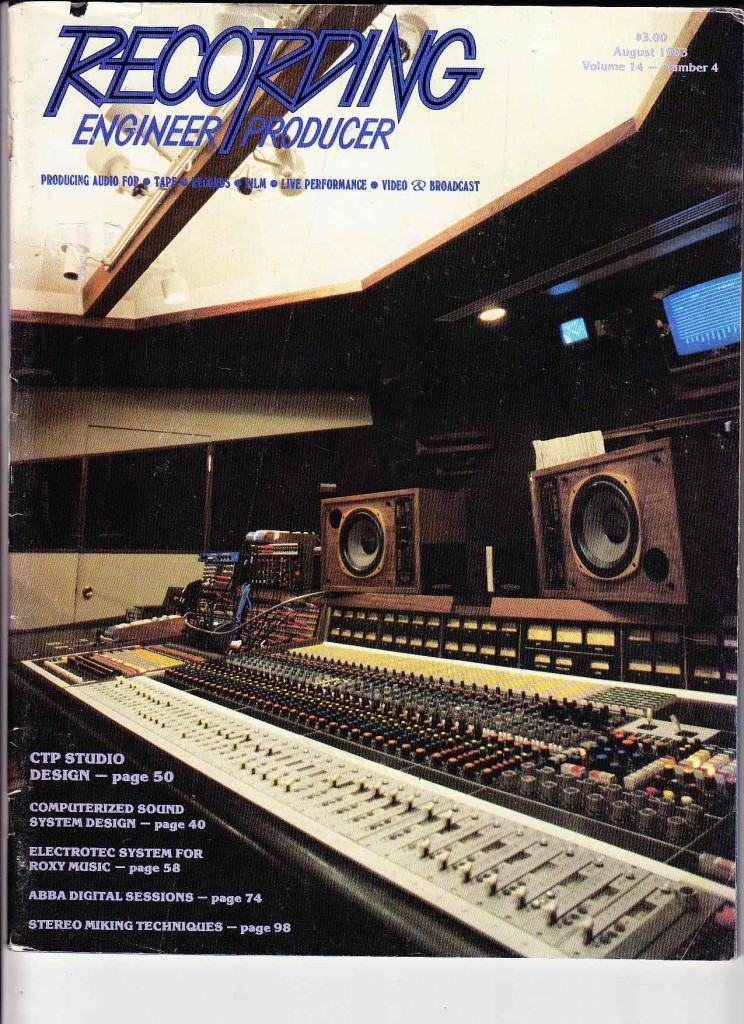
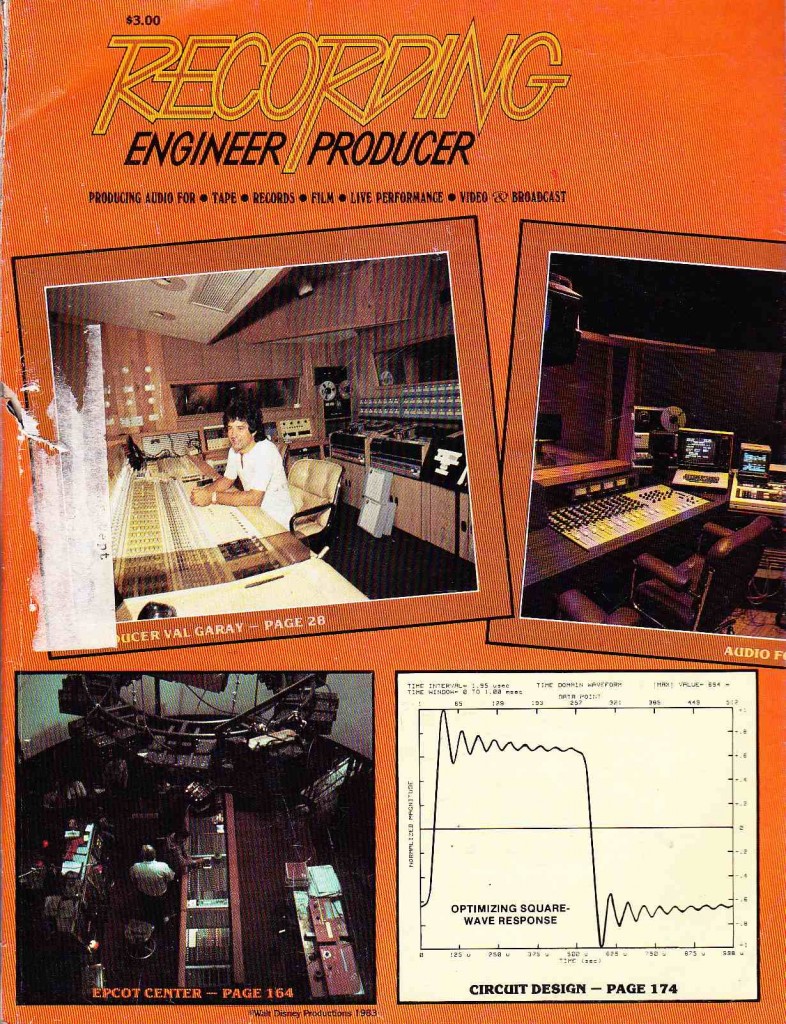 What has changed since 1982? There is an even bigger focus on digital recording – primarily new 2-channel Digital Mastering platforms. There is also more discussion of Dolby noise-reduction. This is certainly the direction that the 1980s were heading.
What has changed since 1982? There is an even bigger focus on digital recording – primarily new 2-channel Digital Mastering platforms. There is also more discussion of Dolby noise-reduction. This is certainly the direction that the 1980s were heading.
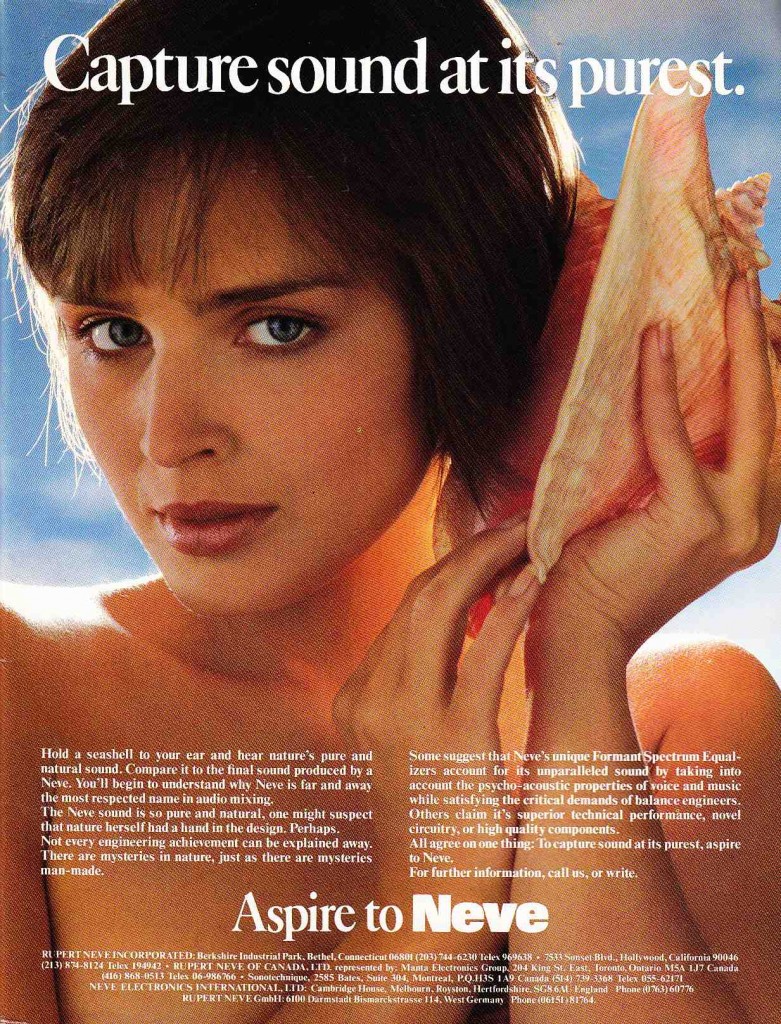 Today I will be going to a local studio to (attempt) to service the 1983 NEVE console installed there. I don’t think it has been switched on for 10 years. Wish me luck. Expect a full report soon….
Today I will be going to a local studio to (attempt) to service the 1983 NEVE console installed there. I don’t think it has been switched on for 10 years. Wish me luck. Expect a full report soon….
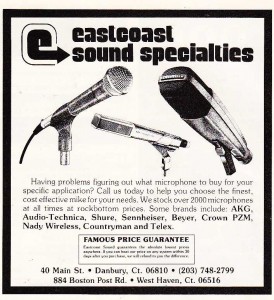 Speaking of Connecticut: when I was growing up, ‘Eastcoast Sound’ was the local guitar store. It was a gigantic cavernous former roller-rink (or so i heard…) steps from Candlewood Lake in Danbury CT. Where FOREIGNER songs will blast from small-power boats until the end of time. Anyhow, I had pretty mixed experience with Eastcoast. Some good deals on used guitars and amps; not always the most professional salespeople. A couple of years ago I came across this little gem on Youtube. Incredible but true:
Speaking of Connecticut: when I was growing up, ‘Eastcoast Sound’ was the local guitar store. It was a gigantic cavernous former roller-rink (or so i heard…) steps from Candlewood Lake in Danbury CT. Where FOREIGNER songs will blast from small-power boats until the end of time. Anyhow, I had pretty mixed experience with Eastcoast. Some good deals on used guitars and amps; not always the most professional salespeople. A couple of years ago I came across this little gem on Youtube. Incredible but true:
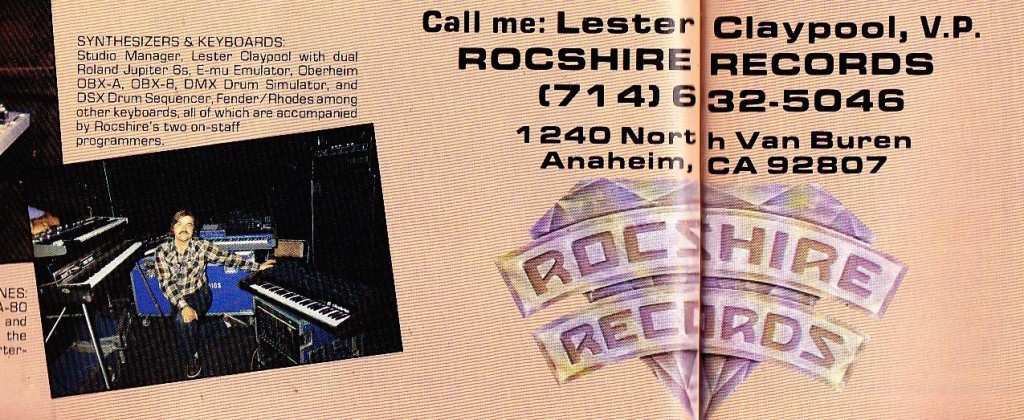 OK. We’ve got Anaheim CA in 1983. We’ve got a studio employee named Les Claypool. He has a mustache. Draw your own conclusions.
OK. We’ve got Anaheim CA in 1983. We’ve got a studio employee named Les Claypool. He has a mustache. Draw your own conclusions.
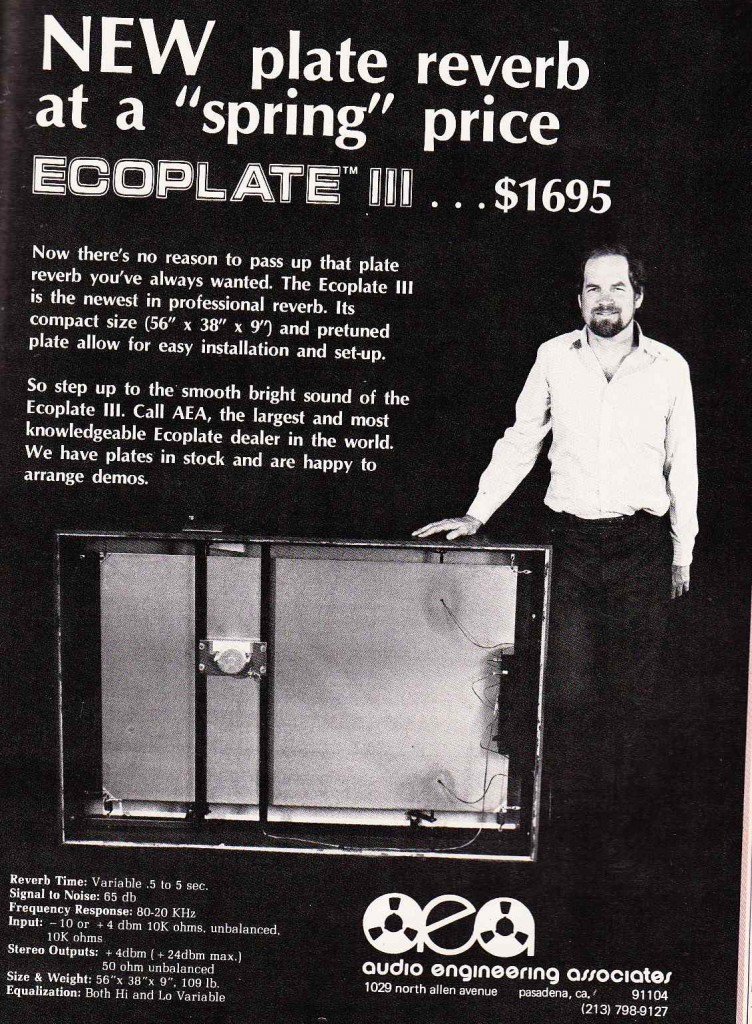 I would certainly buy a new Echoplate 3 for $1700. Kinda miss 1983 right now.
I would certainly buy a new Echoplate 3 for $1700. Kinda miss 1983 right now.
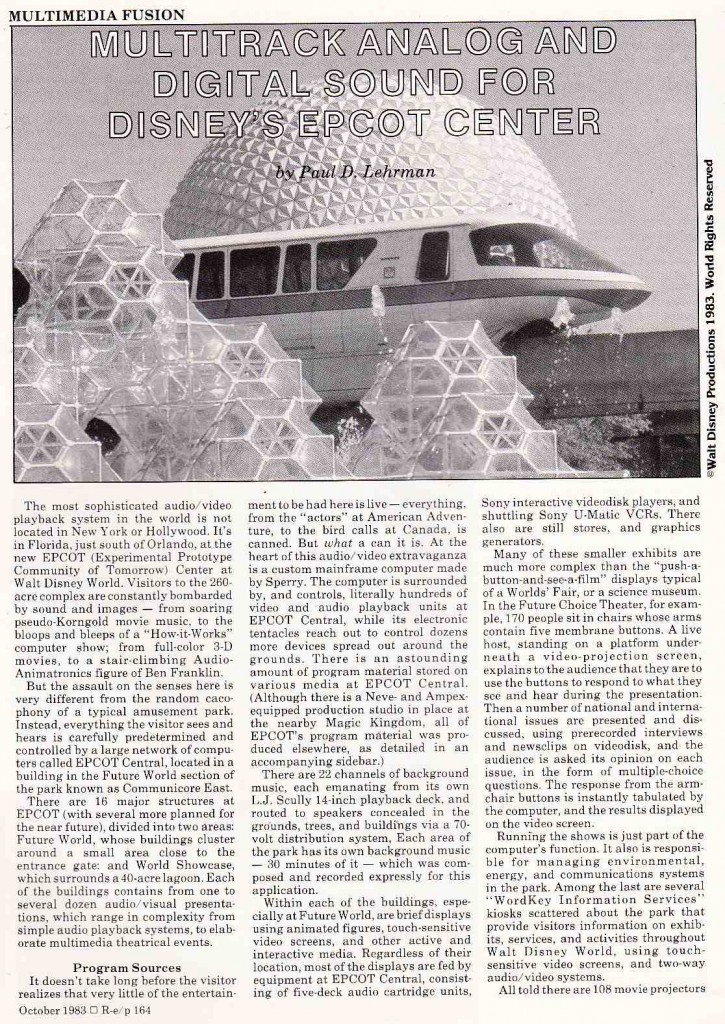 Epcot Center: a true American icon on the 1980’s. Here we get an in-depth study of the sound system installed there.
Epcot Center: a true American icon on the 1980’s. Here we get an in-depth study of the sound system installed there.
OK this is going to go on for a while… So follow the link below to READ ON…
…And on to another American icon of the 80’s : Return Of The Jedi. Here we get a very in-depth study of the sound design of the film. What a creative assignment for a sound designer!
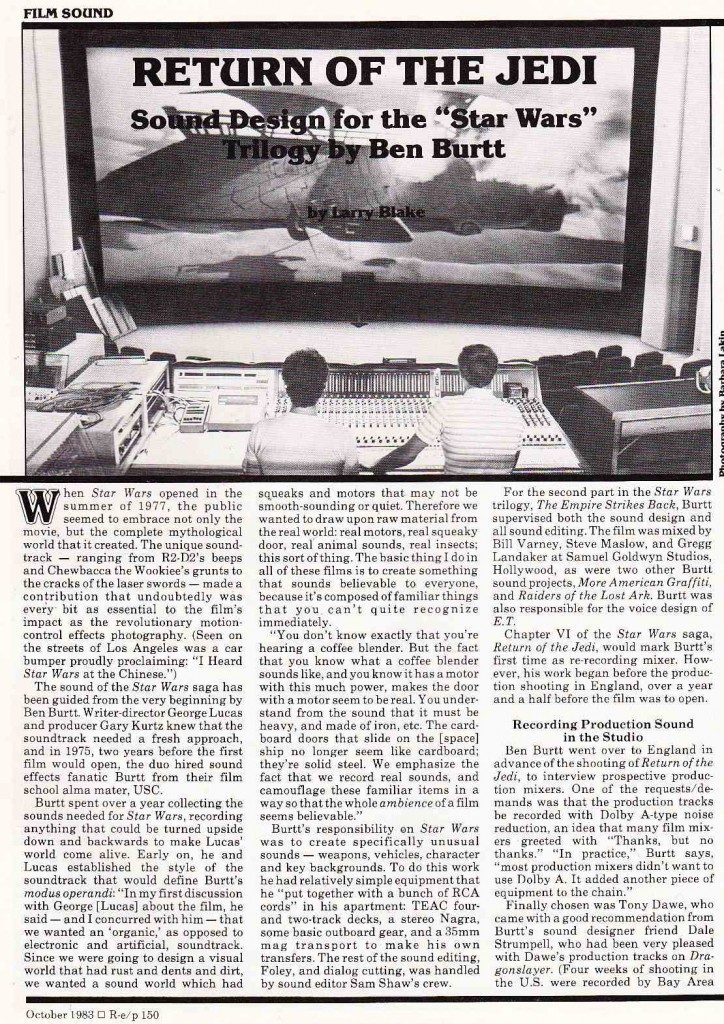
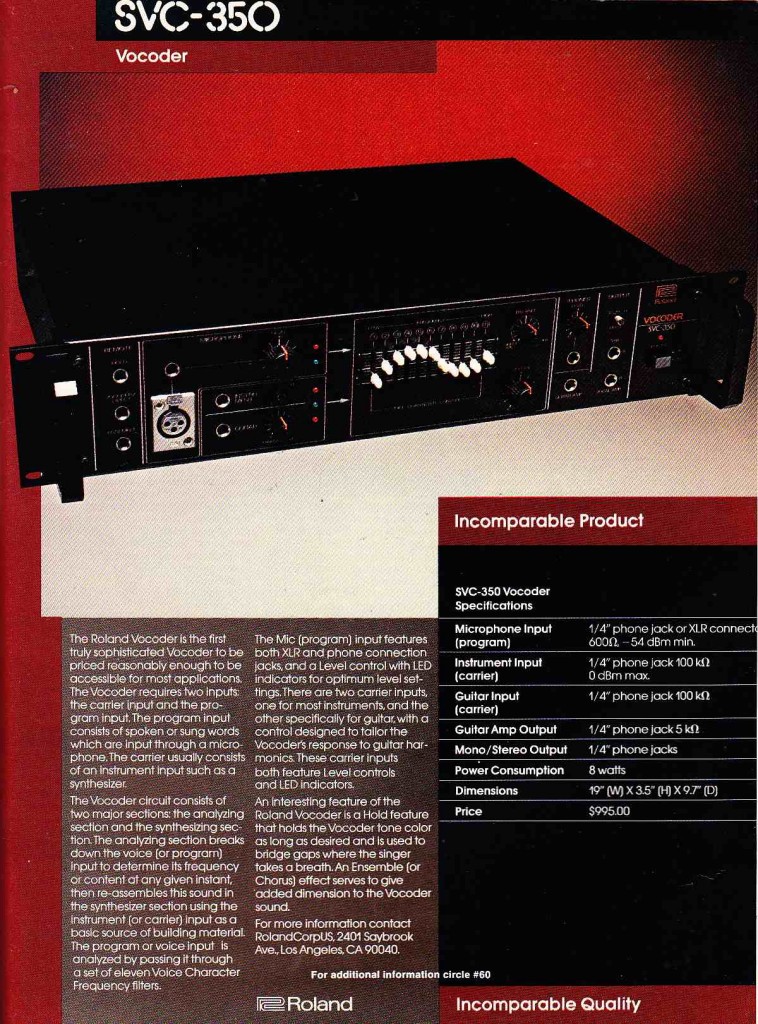 The Roland rack-mount processors from the early 1980s are highly collectible, especially in the dance/ electronic music world. I have never used this particular model of vocoder, but it enjoys a good reputation. The vocoder is a great tool, a great creative springboard, especially for sound design. It’s basically a very dynamic filter, and the uses are endless. For a while I was treating drum loops by vocoding them against slowed-down animal cries (EG., a lion roar). Very visceral sounds.
The Roland rack-mount processors from the early 1980s are highly collectible, especially in the dance/ electronic music world. I have never used this particular model of vocoder, but it enjoys a good reputation. The vocoder is a great tool, a great creative springboard, especially for sound design. It’s basically a very dynamic filter, and the uses are endless. For a while I was treating drum loops by vocoding them against slowed-down animal cries (EG., a lion roar). Very visceral sounds.
A great book about the history of the vocoder was recently published. It offers a very thorough treatment of the subject, offering more of a social-history than ‘gear books’ usually get into. I hope that more and more writing-about-audio-equipment follows this model.
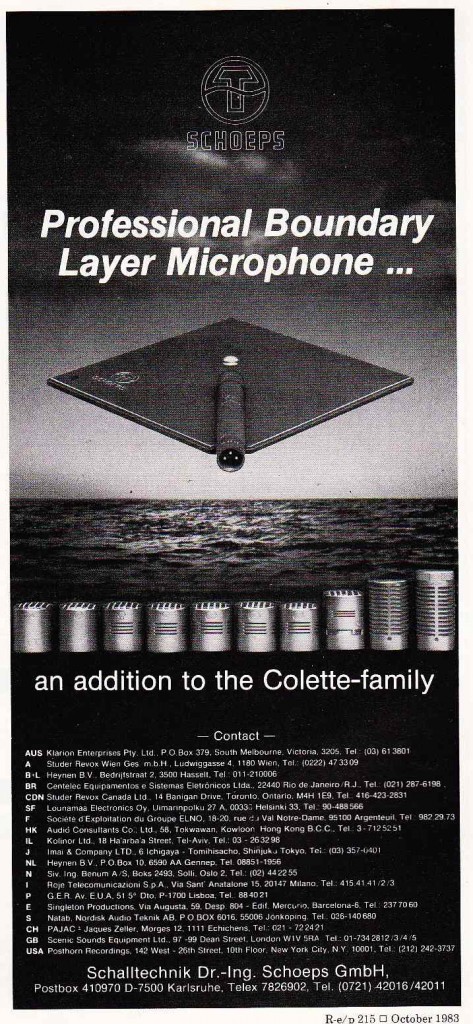 I used some Schoeps SDC mics on a live rock-band session several years ago. They are truly beautiful sounding mics that are generally only found in the classical and film-sound world. I have not come across their PZM though! Very interesting…
I used some Schoeps SDC mics on a live rock-band session several years ago. They are truly beautiful sounding mics that are generally only found in the classical and film-sound world. I have not come across their PZM though! Very interesting…
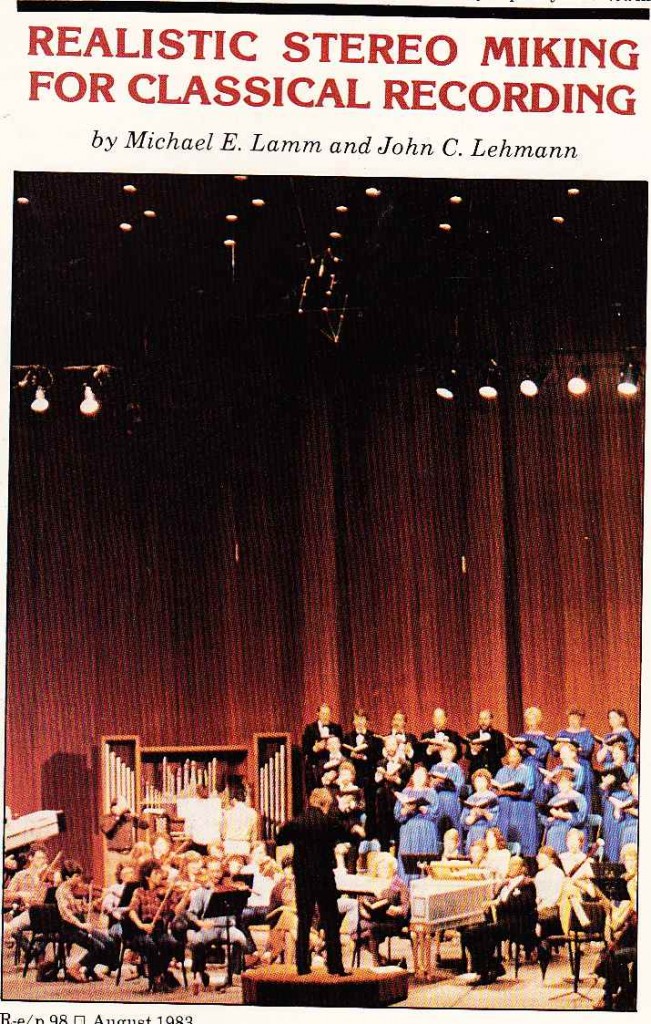 Speaking of classical recording… Here is a very detailed study of various stereo-mic’ing techniques. The author covers 15 different styles of stereo-mic’ing, tracing their lineage and offer pro’s and con’s. Fascinating. I have a pretty limited vocabulary of stereo techniques – I am only versed in X/Y, M/S, and spaced omni. If you are a ‘classical’ recordist, though, I can understand why you would need a bigger toolbox though! Lots to explore here.
Speaking of classical recording… Here is a very detailed study of various stereo-mic’ing techniques. The author covers 15 different styles of stereo-mic’ing, tracing their lineage and offer pro’s and con’s. Fascinating. I have a pretty limited vocabulary of stereo techniques – I am only versed in X/Y, M/S, and spaced omni. If you are a ‘classical’ recordist, though, I can understand why you would need a bigger toolbox though! Lots to explore here.
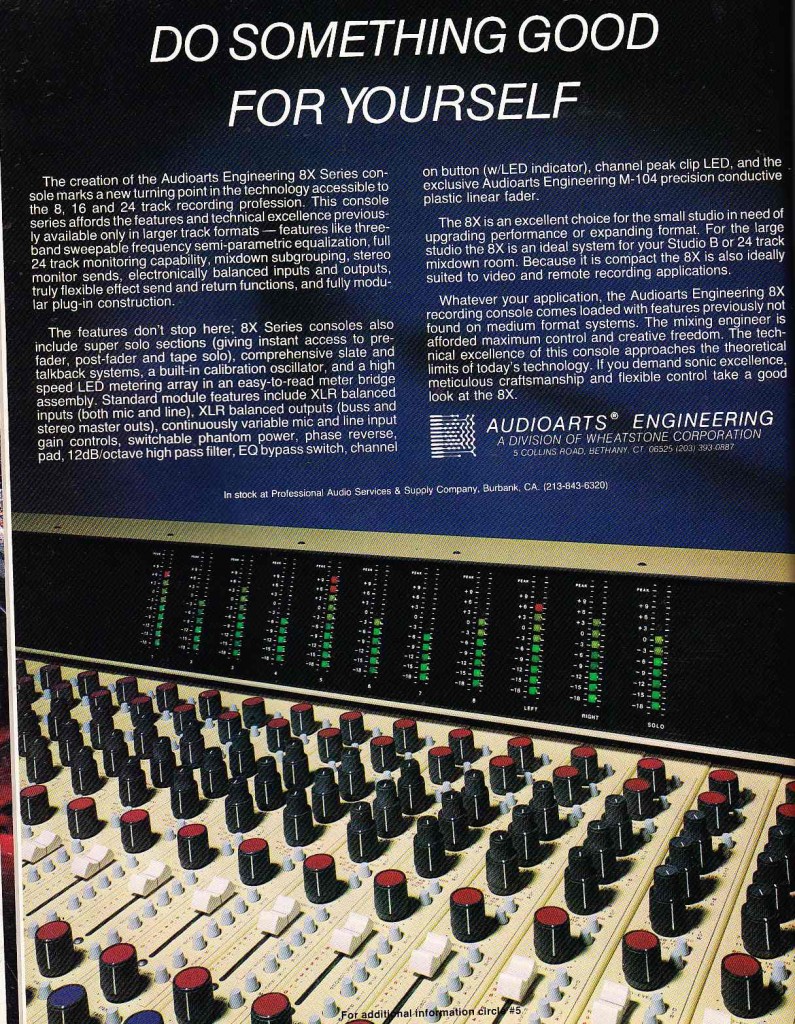
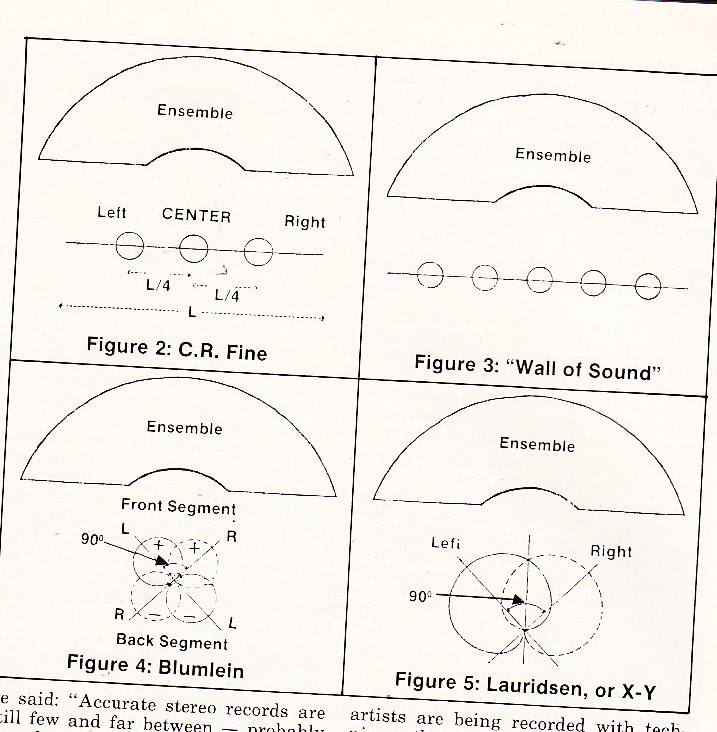
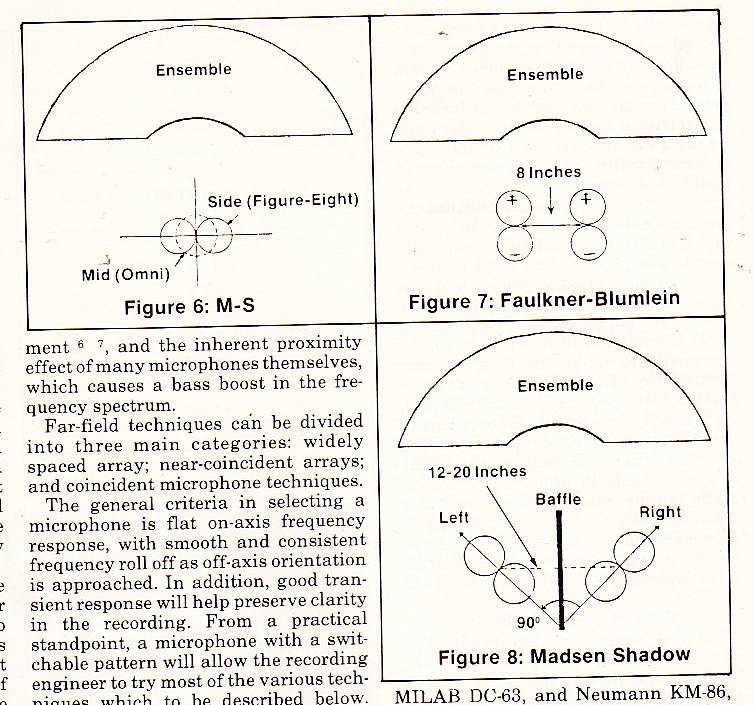
One reply on “Recording Engineer/Producer Part II”
Man I miss RE/P magazine.